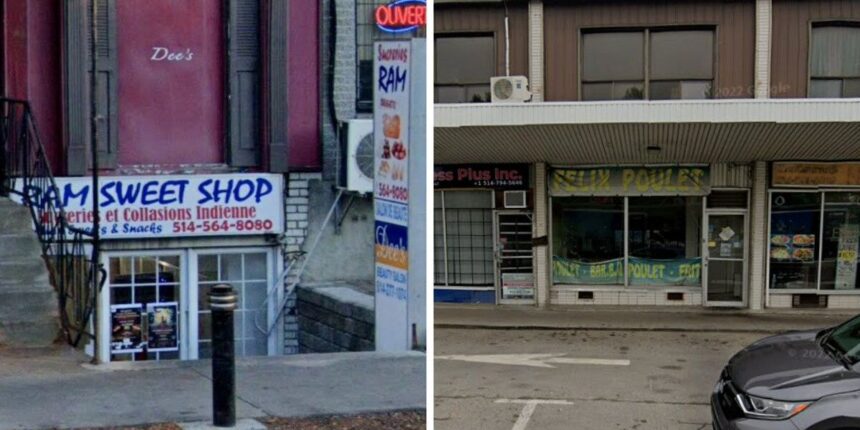Montreal’s Restaurant Scene Faces Costly Hygiene Violations
Two Montreal restaurants are feeling the sting of hefty fines after recent food safety inspections uncovered serious violations. As someone who’s covered our city’s vibrant food scene for over a decade, these developments are particularly concerning for our renowned culinary reputation.
Le Petit Italien in Outremont received a staggering $6,000 penalty following multiple infractions discovered during inspections. The restaurant, a neighborhood fixture on Bernard Avenue, was cited for inadequate food storage temperatures and improper sanitization practices. Having dined there myself on several occasions, this news comes as a disappointment to many locals who frequent this establishment.
Not far away, Chez Téta on Monkland Avenue faced similar consequences with $6,500 in fines. Health inspectors found concerning issues with food handling procedures and cleanliness standards that fell below provincial requirements. The Lebanese eatery has become a popular spot in NDG since opening, making these violations particularly troubling for regular patrons.
These penalties come as part of Quebec’s Ministry of Agriculture, Fisheries and Food (MAPAQ) ongoing enforcement efforts throughout the province. The ministry conducts thousands of inspections yearly to ensure food establishments comply with strict health regulations designed to protect public safety.
“Restaurant hygiene violations are not merely administrative concerns—they directly impact public health,” explains Dr. Marie Lapointe, public health specialist at McGill University. “Cross-contamination and improper food handling remain leading causes of foodborne illness in Quebec.”
According to MAPAQ data, over 200 Montreal restaurants faced fines for hygiene-related infractions last year alone. This pattern raises important questions about kitchen practices in a city internationally celebrated for its culinary excellence.
Restaurant industry expert Jean-Philippe Tastet notes, “The pandemic created enormous pressure on restaurants, and some establishments may have cut corners as they struggled to recover financially. However, food safety must remain the absolute priority.”
For consumers wondering how to make informed dining choices, MAPAQ maintains a searchable database of restaurant inspection results available to the public. This transparency allows Montrealers to check an establishment’s hygiene history before making reservations.
As someone who frequently covers Montreal’s restaurant industry, I’ve observed that most establishments maintain exemplary standards. These violations represent a small fraction of our city’s diverse culinary landscape. Nevertheless, they serve as an important reminder of the critical importance of food safety protocols.
The current enforcement approach combines substantial financial penalties with mandatory food handler training for repeat offenders. This two-pronged strategy aims to both deter violations and educate restaurant staff about proper practices.
“Most violations stem from inadequate training rather than deliberate negligence,” suggests Catherine Lefebvre, restaurant consultant and former chef. “Investing in comprehensive staff education could prevent many common infractions.”
For Montreal’s restaurant owners, the message is clear: cutting corners on food safety comes with significant consequences. Beyond financial penalties, reputation damage in our social media age can prove even more costly in the long term.
As our city’s restaurants continue navigating post-pandemic recovery challenges, maintaining rigorous hygiene standards remains essential to preserving Montreal’s status as a world-class culinary destination. The dining public deserves nothing less than the highest standards of food safety alongside our celebrated culinary creativity.







